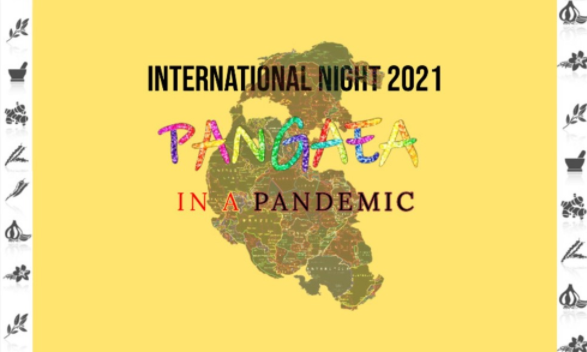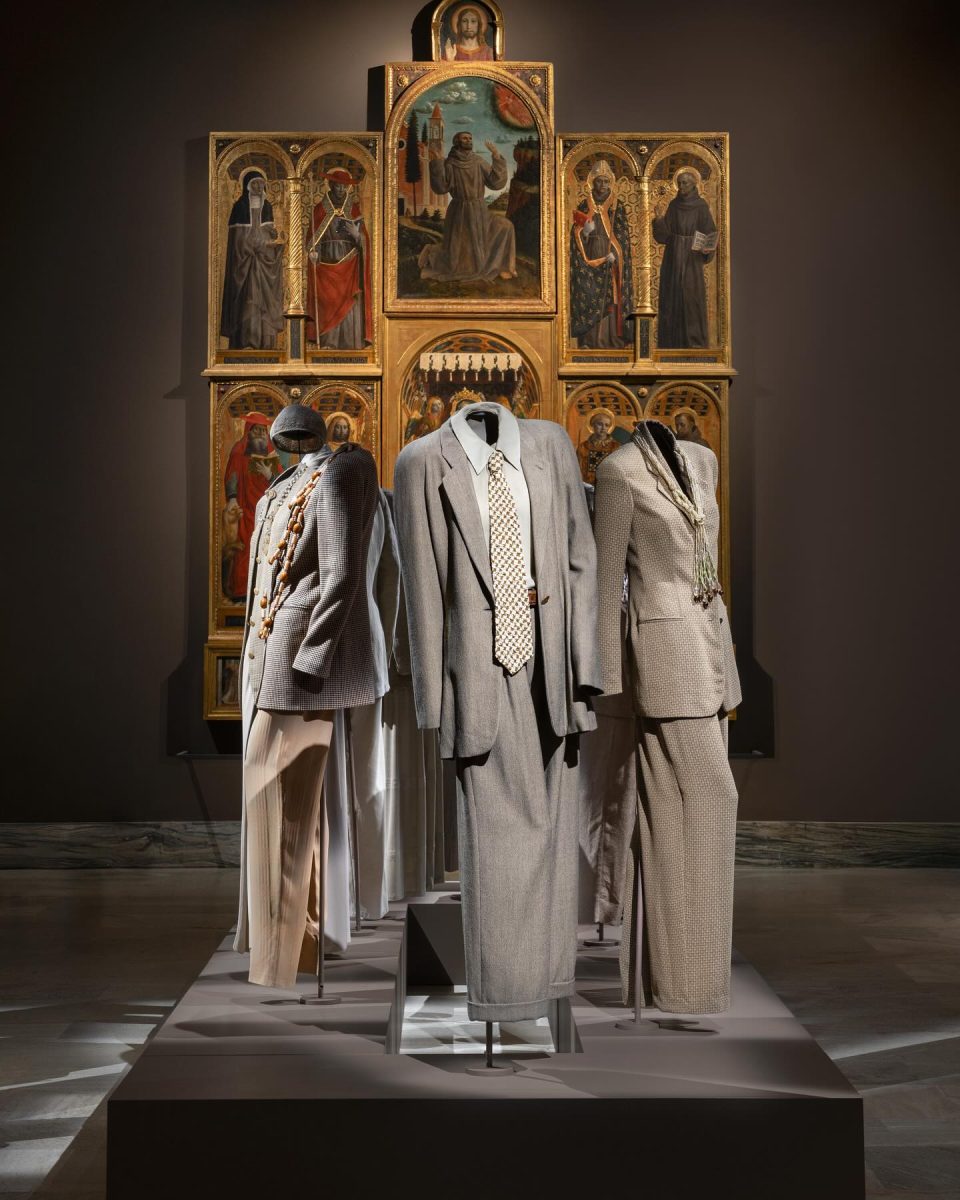Annual International Night event goes virtual due to COVID-19

This year’s International Night event, titled “Pangea in a Pandemic,” will take place Saturday.
April 20, 2021
It’s a Saturday night, and the Hammermill Center at Gannon University is packed full of students, faculty and community members. Nepalese dancers are the center of attention. Food from countries all over the world fill tables that are lining the walls. People gather in all areas of the room to celebrate International Night.
This year, however, things will be different.
Gannon University’s Global Student Organization (GSO) will be hosting this annual event at 5 p.m. Saturday. Much like the majority of events in the past year, this year’s International Night, aptly called “Pangea in a Pandemic,” will be held virtually via Zoom.
According to Marilee Wilkosz, assistant director of global support at Gannon, 2020 was the first year the event was ever missed, due to the COVID-19 pandemic. Traditionally, the event is a celebration of the cultures of students who represent over 30 countries at Gannon. Those students cook special dishes, perform and educate the community on their culture. However, because of the virtual format of the event this year, some of its integral parts had to be adapted.
Amani Ibrahim, president of the Global Student Organization, said that the event, whether virtual or in-person, is important for international students.
“This means a lot to us as foreigners because we get to introduce our culture, which is a part of who we are, to the world,” she said. “At the same time, we get to know others’ cultures.”
Kiet Le, vice president of the Global Student Organization, said that the online event has been designed to make International Night possible again while following COVID-19 regulations that are still in place. Since indoor gatherings in Pennsylvania can only be at 25% capacity with all guests social distancing and wearing masks, having an event that garners hundreds of attendees each year isn’t possible.
“All of the performances and food have been digitalized so that, even though we do not get to taste the variety of foods available, we will still get to learn how to make it from our students,” Le said. “There are a variety of food cooking sessions from different corners of the world that you can Zoom into.”
Performances have also been digitalized for participants to enjoy through Zoom.
The virtual format of the event may take away from some of the socialization of the night, Ibrahim and Le said. Usually an opportunity for people to get together and interact while learning about different cultures, the Zoom version is expected to prevent people from talking.
“People won’t have the chance to meet new people, and it will be more difficult to share the culture with others, so the experience won’t be the same,” Ibrahim said.
In addition, Ibrahim said that people will only be able to attend one “room” on the Zoom event, preventing them from trying more than one type of food or experiencing more than one aspect of the night.
Turnout is also a concern as a result of the virtual format. In past years, hundreds of people have gathered for the event. However, the event being virtual this year may cause some issues.
“I am not expecting as many people to participate as previous years because it will be harder to manage this many people via Zoom,” Ibrahim said.
However, despite the negative effects of having to host a virtual International Night event, those involved said there are some positives. For one, students can actually learn how to make the dishes being featured during the event.
Those who register for the event can choose which dish they’d like to cook from their own home and join that breakout room on Zoom on the night of the event. Students from the Global Student Organization will be in the breakout room teaching participants how to make the dish they chose. This, Wilkosz said, is something that hasn’t been done before.
“We think this is a really unique opportunity to make the event more involved and intimate,” she said.
In addition, Le has relatively high expectations for the event.
“In my opinion, International Night this year will be perfect,” he said. “A lot of students will have fun before they prepare for their finals.”
Almost 10% of Gannon’s students are global, according to Wilkosz. At International Night, students have the opportunity to learn about cultures different from their own and appreciate where their fellow students come from.
“You can learn so much about another country or culture without ever leaving Erie just by connecting with Gannon’s global students,” she said. “And you might just make some new friends in the process.”
MADELINE BRUCE




